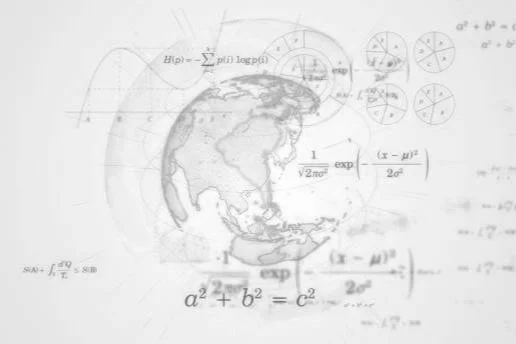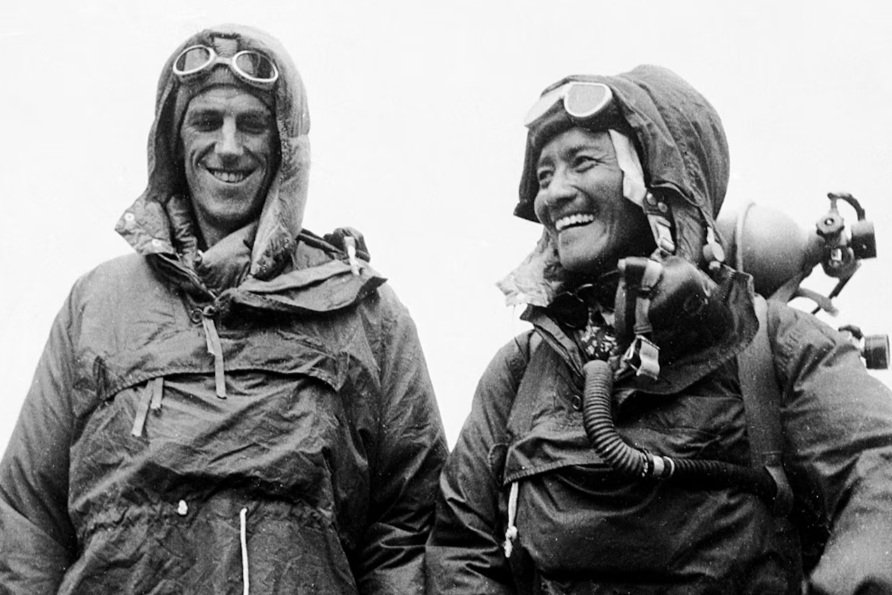1. What We Do
OUR SERVICES
-
READING SIGNALS
We undertake directed, exploratory, and speculative inquiries to identify prioritised information, register the previously achieved, identify the current state of the art, and scope the near, medium and far horizons. We get to the heart the matter.
-

ANTICIPATING RISKS
We investigate constraints and opportunities that shape the success or failure of ventures. We advise clients on the courses of action available to them to support compliance, ensure peace of mind, and see a worthwhile return on investment.
-
INNOVATING ALTERNATIVES
Choosing the right direction is too important to leave to guesswork or chance. We test the waters. It requires creative thinking, proven methods, testing, and an eye for alternative outcomes and iterative clarity - based on real evidence.
-
Technical Assistance & Capacity Building
We help clients do more. We conduct needs assessments, training and mentoring, and direct support, on an embedded, remote, or hybrid basis. The goal: develop intramural competencies and capacity to field the big challenges
-

Outsourced Executive Support
Serious research takes resources, expertise, and planning. We provide fractional CxO support to help clients stay ahead of the information curve: tracking information requirements, coordinating data collection, and applying it to client advantage.
-

Retained Advisory Services
Our retained advisory services provide clients with meaningful, cost-effective support. The benefits: personalised one-to-one interaction, expedited feedback, and privileged access to our expertise, experience and extended network.
2. What We’ve Done
OUR EXPERIENCE
-

Geopolitics, Defence & Security
Our principal area of expertise and track record of completed assignments is in the geopolitics, defence, and security domain.
Public sector assignments for government clients were primarily contracted through frameworks led by large primes including BAE and Thales. Assignments covered a range of policy, strategy, technology issues and threats, and final outputs were typically delivered as detailed studies, maps and datasets, briefing packages, and workshops.
Private sector and civil society assignments have in the main involved due diligence activities, open source intelligence, and strategic, political, and operational risk intelligence.
-

Rule of Law & Legal Ops Support
We maintain professional and personal commitments to the rule of law, and we have a record of completed assignments to prove it.
Our work has always been connected directly or indirectly to rule of law initiatives, including service with international organisations and fact-finding missions mandated to uphold and promote legal process, principles, and outcomes.
We do not provide legal advice or services regulated under English and Welsh law. We support legal process and operations, including legal research and pre-discovery, needs assessment, evidence collection, large-scale digitization, and technology assisted review.
-

Emerging Technologies R&D
We began working on emerging technologies in response to client requests for research support on the non-STEM aspects of their offerings.
The result was a wrap-around service that provides clients with two things: the elements of context needed to connect product to market, and the strategic and market intelligence need to informed decisions about their innovations. The work subsequently matured into a dedicated practice area.
We are now focused on artificial intelligence, especially UX and adoption issues, and we are heavily engaged in product testing and prompt design. Meanwhile, we remain committed to the broader spectrum of emerging tech work that shaped us.
-

Illicit Economies & Finance
We designed and maintained a dedicated in-house research program on the behavioural, cultural, and social characteristics of financial networks.
Our desk and field assignments on fragile and conflict affected states frequently overlapped with underlying economic challenges and the financial activities of globally sanctioned entities.
Programme coverage included illicit issues and involved multiple desk and field assignments. Field work assignments included: a rapid field assessment of revenue leakage (in the nine figure USD range) surrounding a major mining concession in Indonesia; and evidence gathering and analysis of networked illicit economies in denied areas of Nigeria, Syria, and Iraq.
3. How We Did It
SELECTED CASE STUDIES
-

Case Study: Drone R&D Support
One of the foundational experiences of our Emerging Technologies R&D practice was a UK Defence Science and Technology Lab (DSTL) project on autonomous resupply logistics in the “last mile”.
****
Case Description
A technology start-up won government accelerator funding for an autonomous resupply vehicle project.
Situation: The project required a specialist in policy, legal, regulatory and operational research to establish deep context, justification and implications of the proposed technology.
Solution: Research was done on government policy, multi-agency logistics doctrine, standard operating procedures, and case studies of the commercial state of the art.
Impact: The final report provided the contextual detail needed to justify the project to the funding programme, trigger release of a funding tranche, and advance to next stage of research and development.
-

Case Study: Investment De-Risking
In post-Gaddafi Libya, armed influence networks exercised patchwork control of the country’s oil fields. This represented serious risk for foreign owners and Insurers, who needed expedited understanding of local conditions.
****
Case Description
An insurer monitoring a politically unstable North African state amidst violent revolutionary upheaval.
Situation: The client required an updated understanding of political and commercial channels of influence in the area. Due to the fluid nature of the situation, it also required an expedited response, and core capability in the form of an outsourced investigative analyst who could design and undertake research in support of the in-house team.
Solution: An approach was designed and implemented. Locally produced open sources, including online, print and grey literature, were identified as containing information relevant to client requirements. Steps were then taken to acquire and collate the information, validate it, and extract relevant data points. These became the source data for network charts mapping out social, political and commercial influence networks.
Impact: The client was briefed, and a final report and data visualisation product were handed over. The client deployed the collated information and briefing materials to its in-house team, which in turn used them to increase the effectiveness of its real-time fraud detection and investigations.
-

Case Study: Evidence Pre-Discovery
A European state with troops in Afghanistan wanted to improve its understanding of the Taliban before engaging them in diplomatic talks. Funding was provided to digitise and translate a large collection of primary sources.
****
Case Description
A northern European state preparing for diplomatic talks with the de facto authorities of a post-conflict region.
Situation: Very little was known about the de facto authorities. The client wished to have a broader knowledge base so that its desk officers and diplomats could more effectively prepare for talks with the de facto authorities. They were aware of a private collection of hardcopy primary sources that had been generated by the de facto authorities, including newsprint, magazines, laws and decrees, and other openly published materials. The collection was held in a remote location, physically inaccessible to researchers outside the country, could not be relocated, and the texts were in multiple languages read and spoken by very few in the Ministry.
Solution: A project was designed from scratch to preserve, organise, digitise and translate the collection. Digitisation equipment was procured or built, and digitisation and translation efforts were undertaken under austere conditions, in partnership with the collection owners. Over 50000 pages were digitised, 2 million words of text were translated from three different languages into English, and local staff received and implemented training in digitisation processes. The original collection was left in the safekeeping of a custodian in the country and thereby preserved as tangible cultural heritage, and the digital collection was donated to a university library to ensure future researcher access.
Impact: The project radically increased the store of publically available primary source data on the de facto authorities. Conversion of the collection from paper to digital media prevented loss of the physical materials, and of the information contained in them. The availability of an accessible and searchable digital archive enabled better informed diplomatic engagement with the de facto authorities, and researchers have authored multiple books and articles based on the newly available source materials.




